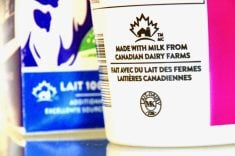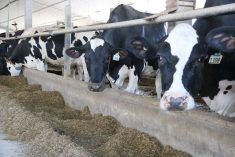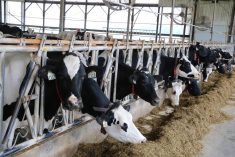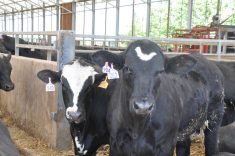Turkey producers are calling on the federal government to back up its stated support of supply management by putting money on the table.
“It seems that with every trade deal our industry is undermined to a greater extent, regardless of the platitudes of support expressed by our government of the day,” said Bill Uruski, chairman of Manitoba Turkey Producers. “It’s time for the federal government to produce the details of its commitment.”
Speaking to producers during the organization’s annual general meeting in Winnipeg earlier this month, Uruski said the revived Trans-Pacific Partnership, now known as the Comprehensive and Progressive Trans-Pacific Partnership, has the potential to critically undermine turkey production in Canada.
Read Also
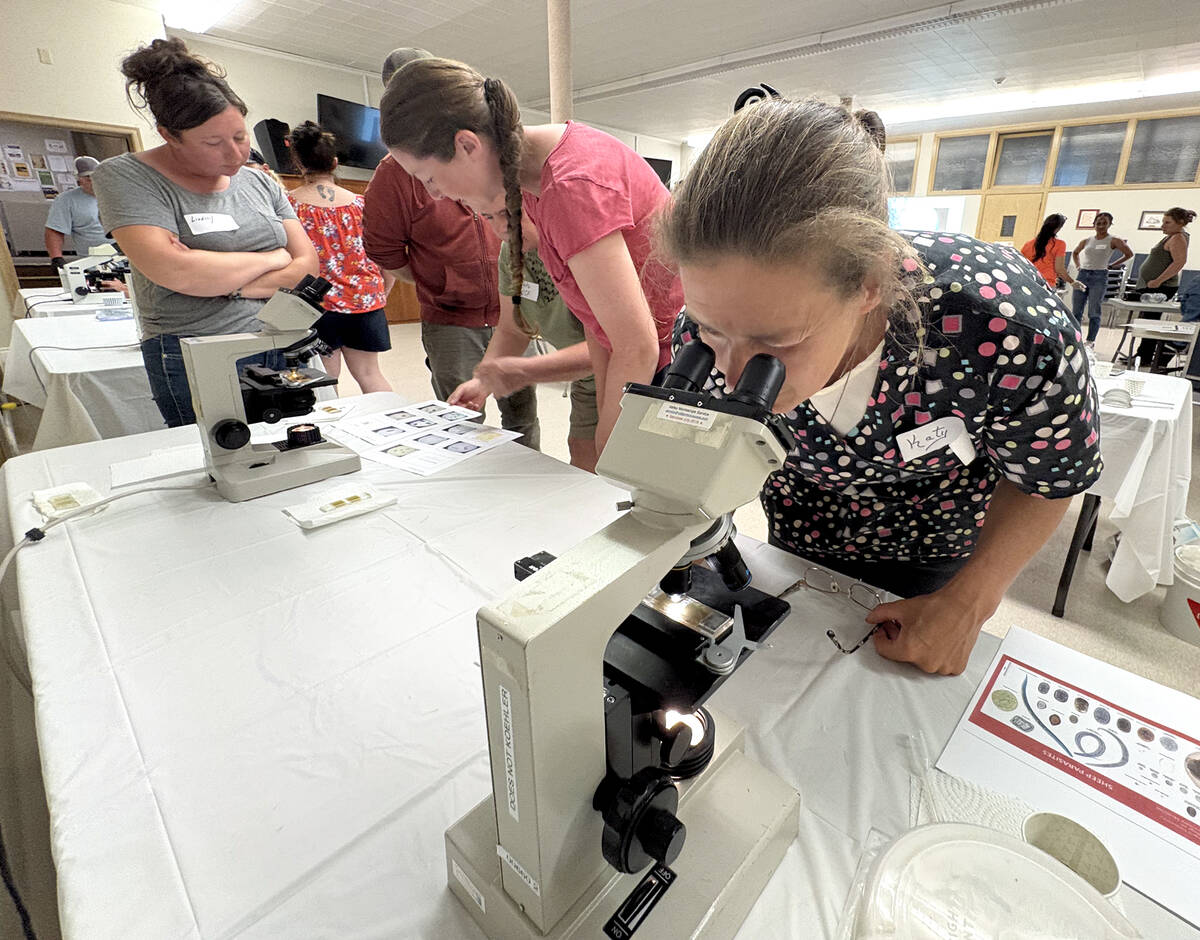
Smart deworming for sheep starts with individual fecal egg counts
Fecal egg count tests are one step to managing dewormer resistance and managing sheep parasites on Canadian sheep farms to maintain flock health.
Eleven countries continued negotiating the multi-lateral trade deal after the U.S. pulled out last year, agreeing to a revised trade agreement in principle this January. The agreement is scheduled to officially be signed in early March 2018.
According to Turkey Farmers of Canada (TFC), this deal will increase import access to the Canadian turkey market by 71 per cent, representing $270 million in lost farm cash receipts over the next 19 years — a farm output loss of at least 4.5 per cent.
“We believe this deal will harm the turkey sector,” said TFC chairman Mark Davies. “There was no need to maintain the market access levels of the original TPP, which were made in response to demands by the U.S., which is no longer part of the agreement.”
Davies is also concerned that this revived trade deal has not been accompanied by the promised market loss compensation that came with the original Trans-Pacific Partnership, announced by the previous federal government some years ago.
The current Liberal government dedicated only one sentence in its recent federal budget to the issue, Davies said. It indicated that the federal government will investigate the negative impacts of greater market access, but doesn’t mention compensation.
“So that’s about as much commitment as we’ve heard and we’re quite disappointed in that, but again we continue to persist on that issue,” he said. “Every time we have a negotiation, we seem to get used as political capital and that is something we’ve raised with the ministers we’ve met with and shown our concern.”
Concerns over the future of supply management in Canada have only been compounded by the ongoing renegotiation of the North American Free Trade Agreement and the news that Canada has just embarked on a fresh round of trade talks in South America.
“NAFTA, the WTO and the CPTTP have all intensified pressures on supply management to a degree I’ve never seen in my two decades here. It will be essential to devote all available resources to ensuring the role, the benefits and the facts are understood by our key stakeholders,” Davies said. “We all have to keep up the pressure this year to make sure that the government is fully aware that any market access concessions will hurt both our sector and consumers.”
While Canadian trade negotiators have made it clear that the wholesale dismantling of supply management requested by American negotiators is a “non-starter” when it comes to NAFTA, that supply-managed commodities are continually seen as bargaining chips is troubling, said Davies.
Uruski agreed.
“The federal government speaks about the need for Canada to have a domestic food security policy — there is no better food security policy than having your milk, eggs and poultry produced on family farms right here,” he said. “Is there a national commitment to a domestic food security policy, or is it just lip service?”
That said, both Davies and Uruski add that they realize other commodities will see benefits as a result of these trade deals and note they are not opposed to them in principle.
“What we want is a firm commitment from the federal government,” Davies said. “The original TPP agreement came with commitments to mitigation and remedies for border irritants… we look forward to working with the government to follow through on these commitments and work on solutions tailored to our sector.”








